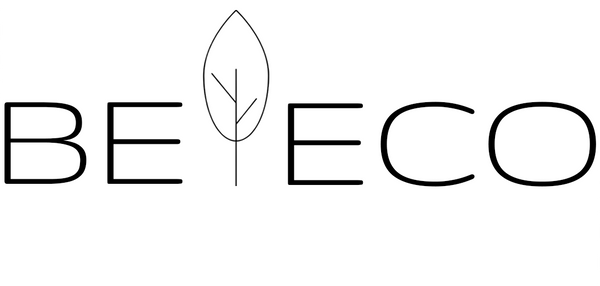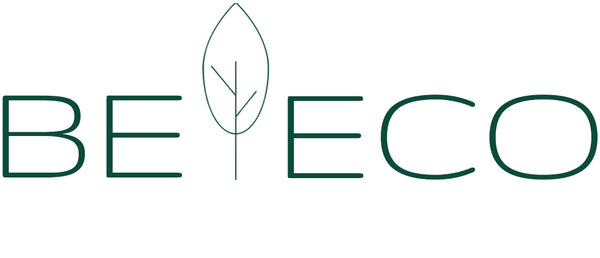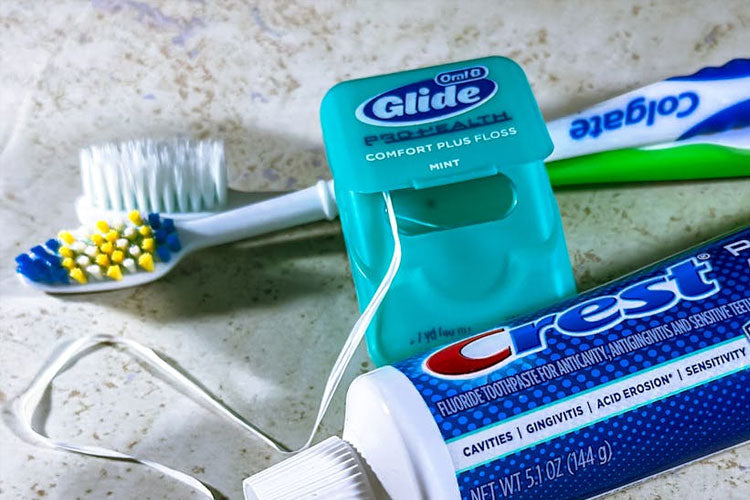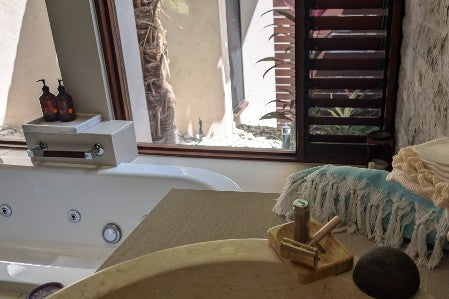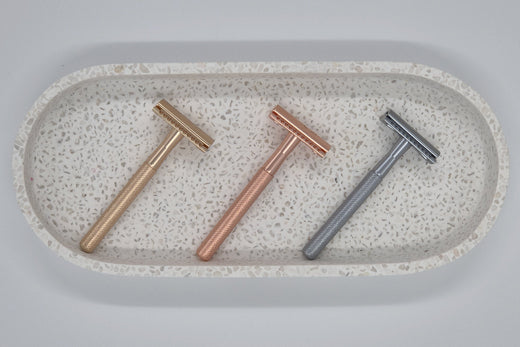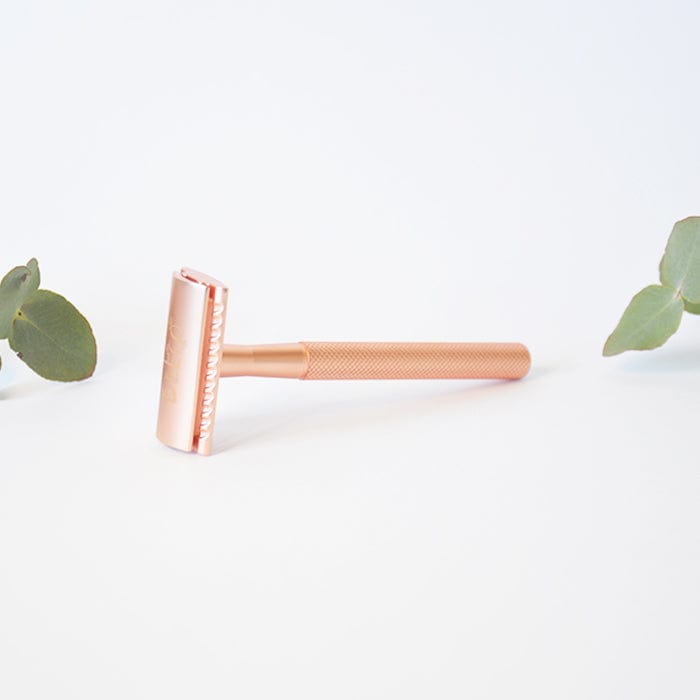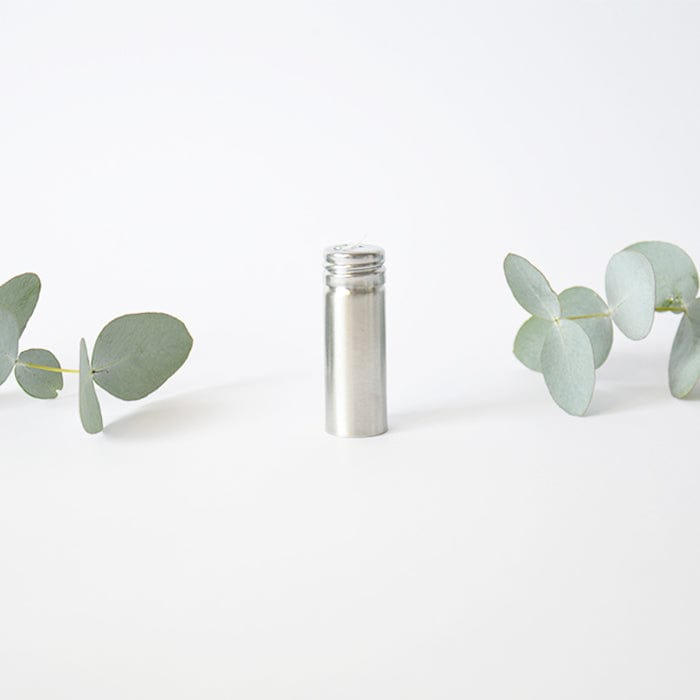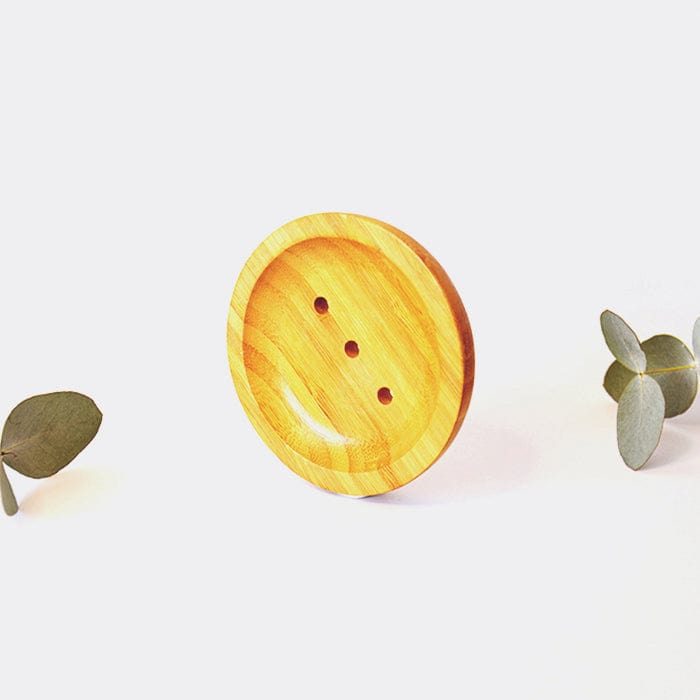Is Dental Floss Bad for the Environment? Unraveling the Eco-Friendly Truth
Introduction
In our journey towards a more environmentally conscious lifestyle, even the smallest choices we make can have a significant impact. One often overlooked aspect is dental care and its potential environmental implications. The question arises: Is dental floss bad for the environment? In this article, we delve into the intricacies of dental floss, its composition, disposal methods, and eco-friendly alternatives to provide a comprehensive understanding.
The Basics of Dental Floss
What is Dental Floss?
Dental floss is a slender piece of material designed to clean between teeth where toothbrushes might not reach effectively. It aids in the removal of food particles and plaque, contributing to oral hygiene.
Traditional Dental Floss Composition
Historically, dental floss was made from materials like silk. However, modern dental floss is primarily composed of nylon or Teflon. These synthetic materials have raised concerns due to their potential environmental impact.
Environmental Concerns Associated with Dental Floss
Non-Biodegradable Nature
Nylon and Teflon, the main components of conventional dental floss, are not biodegradable. This means that when disposed of improperly, dental floss can persist in the environment for an extended period, contributing to plastic pollution.
Marine Life and Plastic Ingestion
Improper disposal of dental floss can lead to it finding its way into water bodies. Marine life may mistake dental floss for food, leading to ingestion and potential harm to these creatures. The plastic fibers can accumulate in the digestive systems of marine animals, causing health issues and disrupting ecosystems.
Landfill Impact
When dental floss ends up in landfills, it does not break down over time. Instead, it continues to occupy space and contribute to the ever-growing issue of plastic waste.
Eco-Friendly Alternatives
Biodegradable Dental Floss
A positive shift in dental care practices comes from the availability of biodegradable dental floss. These floss options are typically made from materials like silk, bamboo fiber, or cornstarch-based PLA. Biodegradable floss breaks down naturally, reducing its environmental impact. Consider options like Natural Silk Dental Floss or Bamboo Charcoal Dental Floss for a sustainable choice.
Water Flossers
Water flossers offer an alternative to traditional floss that doesn't involve the use of disposable materials. These devices use water pressure to clean between teeth, reducing the need for single-use floss.
Eco-Conscious Practices
In addition to using eco-friendly floss, adopting sustainable dental care practices like using reusable floss holders and focusing on reducing overall plastic waste can make a significant difference.
Conclusion
Dental care is essential, but it's equally crucial to consider the environmental implications of our choices. Conventional dental floss made from non-biodegradable materials poses a threat to the environment, particularly marine ecosystems. Embracing biodegradable floss and innovative oral care methods like water flossers can help minimize our ecological footprint and contribute to a healthier planet.
FAQs About Dental Floss and its Environmental Impact
-
Is all dental floss harmful to the environment?
Not necessarily. Conventional dental floss made from materials like nylon and Teflon poses environmental risks. However, there are eco-friendly alternatives available. -
How does biodegradable dental floss work?
Biodegradable dental floss is made from natural materials that break down over time, reducing its impact on the environment. -
Are water flossers as effective as traditional floss?
Water flossers are effective at removing debris and plaque from between teeth, but their efficiency can vary based on individual preferences and needs. -
Can I recycle dental floss containers?
Most dental floss containers are not easily recyclable due to their small size and mixed material composition. -
What role do consumers play in reducing dental floss's environmental impact?
Consumers can choose biodegradable floss options, practice responsible disposal, and explore alternative dental care methods to contribute to a more sustainable future.
